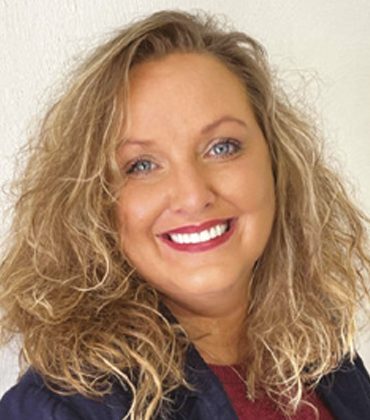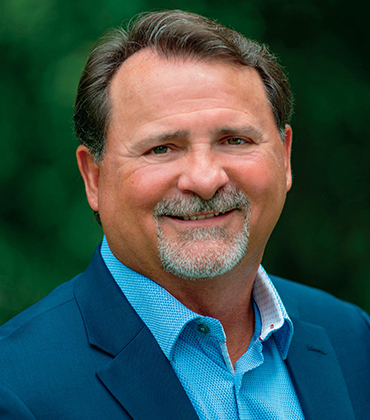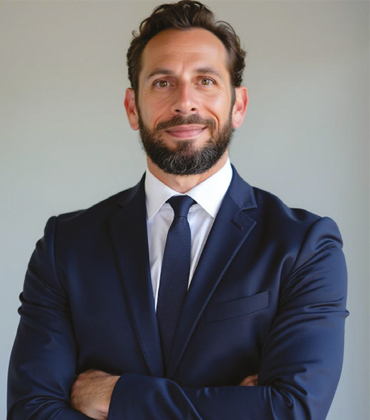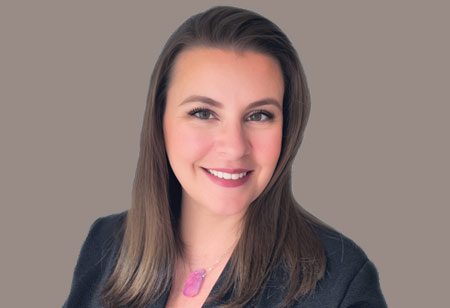Thank you for Subscribing to Healthcare Business Review Weekly Brief
For decades, hospital employers have been squeezed by skyrocketing employee healthcare costs—now $15,000–$30,000 per person each year, quickly swelling into millions for larger corporations. Frontline staff—nurses, technicians, support personnel—are under pressure: a Forbes article finds 62% living paycheck to paycheck¹, and with high-deductible plans becoming the norm and out-of-pocket expenses of $4,000–$6,000 or more, families face significant financial strain. CFOs and HR leaders see renewal rates climb, budgets tighten, and employee morale affected. The status quo cannot continue. SIHRA® seizes the “low-hanging fruit” of duplicate-spouse coverage—identifying employees who qualify under a working spouse’s plan and incentivizing them to switch. Once enrolled in their spouse’s employer plan, qualified out-of-pocket costs for employees and their families is reimbursed at 100%, eliminating that cost burden entirely. “SIHRA® cuts employee healthcare spending by 15-50% without shifting any financial burden onto employees— eliminating all out-of-pocket costs to empower healthier, more financially secure staff while delivering predictable savings and stability to healthcare organizations,” says Craig Lack, CEO of Catilize Health®. SIHRA® redefines healthcare risk financing: predictable, sustainable, and compassionate—finally putting hospitals in control and ensuring employees get the care they deserve. SIHRA® not only arbitrages risk but generates meaningful cash flow from domestic utilization every year going forward. Perfected Over Decades, Unmatched Excellence Inspired by founder Kevin O’Kane’s vision in 2000, SIHRA® has been Catilize Health®’s singular focus. Through meticulous refinement, rigorous testing, and demonstrated success, Catilize has mastered the SIHRA® concept into the industry’s leading high-financial-cost-reduction solution for healthcare organizations—making Catilize the only U.S. company exclusively administering SIHRA® for more than 20 years. “Two decades of experience helped us perfect SIHRA®—cutting employer costs by 15–50% and delivering 100% benefits to employees.”— Craig Lack, CEO, Catilize Health® Over one hundred hospitals and systems have trusted SIHRA®, saving millions in healthcare spending. SIHRA® turns everyday care needs into financial wins. By optimizing duplicatespouse coverage, it empowers families to access essential care while providing hospitals with a sustainable cost-reduction and revenue-earning tool—reinvesting cost savings into patient care, infrastructure, and strategic priorities. “The critical edge SIHRA® holds over traditional plans is simple: increased profit and surplus—not hypothetical, but guaranteed.” — Craig Lack, CEO, Catilize Health®. • Domestic Claims: An employee’s surgery remains in-network but is billed to the spouse’s insurer at full commercial rates—converting an internal cost into new revenue. • 340B Pharmacy Program: Specialty medications dispensed through 340B follow the same path, generating additional income when covered and billed via the spouse’s plan. “SIHRA® changed my life—I can now afford prescriptions, avoid debt, and finally save for my family’s everyday healthcare needs.”— Licensed Vocational Nurse, California hospital....Read more
Top Autism Billing Service 2025
A quiet crisis runs through the world of autism care—not from a lack of compassion or clinical expertise, but from administrative overload. Therapy providers, trained to guide children through critical developmental milestones, often spend hours each week fighting insurance denials, resubmitting claims, decoding ever-changing billing codes, and stressing over audits. This tug-of-war between caregiving and paperwork doesn’t just drain energy—it threatens sustaina... Read more
Top Medical Coding and Audit Consulting Service 2025
In today’s healthcare landscape, accurate coding, clear documentation, and streamlined billing are critical—but most consultants only offer quick audits and surface-level fixes. These temporary solutions leave organizations trapped in a cycle of recurring issues and ongoing reliance. KZA takes a different approach. With a philosophy rooted in education and empowerment, KZA helps healthcare providers build the internal capabilities they need to manage coding, compliance, and operations inde... Read more
Top Healthcare And Medical Sales Outsourcing Service 2025
Every healthcare breakthrough needs more than a great product; it requires a force behind the scenes to ensure it doesn’t just launch but reaches the people who need it most. That’s the role Sales Focus Inc. plays. Based in South Carolina, the company does more than build sales teams. It embeds within client organizations to navigate the complexities of commercialization, launch, and scale-up with speed, precision, and purpose. At the helm is CEO Tony Horwath, whose 26 years of expe... Read more
Top Medical Finance Funding Service 2025
When Ligare Capital Funding was founded seven years ago, it wasn’t part of a grand plan to disrupt an industry. It began with a simple conversation between three longtime friends who recognized a flaw in how capital flowed through the medical reimbursement and personal injury ecosystem. Financing arrangements were often ad hoc, poorly documented and lacked transparency. In many cases, medical providers relied on lenders who acted more like opportunistic intermediaries than institutional... Read more
CXO INSIGHTS
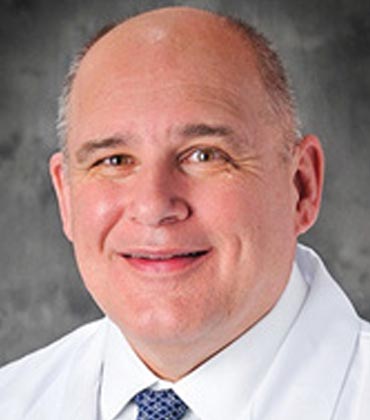
EmPATH - A Path to Better ED Behavioral Healthcare
James Bryant, Vice President of Emergency Services, Centra Health
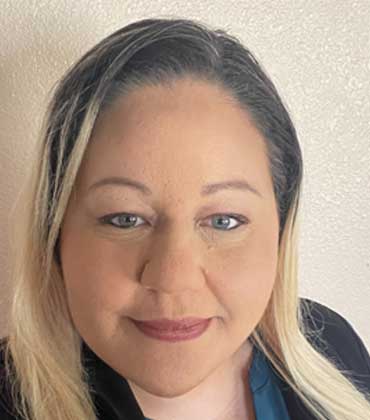
Automating Professional Billing
Candace Omija, Manager, Professional Billing and Coding, The Queen’s Health System
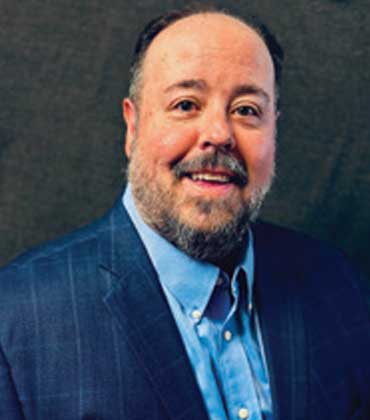
Proactive Strategies for Healthcare Revenue Cycle Excellence
Jerald M Archibeque, Director, Hospital Billing, Presbyterian Healthcare Services
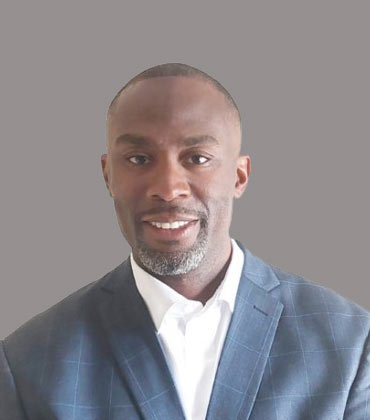
Shaping the Future of Pediatric Healthcare Delivery
Donovan Cooper, Senior Director of Ambulatory Care Services, Holland Bloorview Kids Rehabilitation Hospital
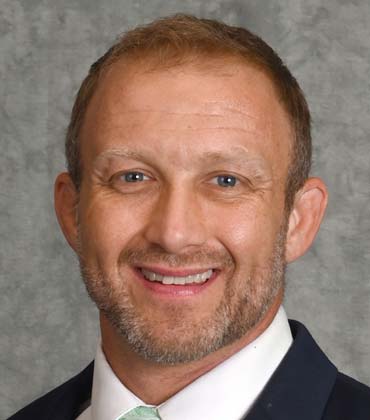
From Clinic Bottlenecks to Breakthroughs: Using Lean to Improve Patient Access, Care, and the Bottom Line
Daniel Mather, MSN, RN, PPMC, Director of Clinic Operations, Salina Regional Health Center and Consultant for Mather Leadership and Consulting
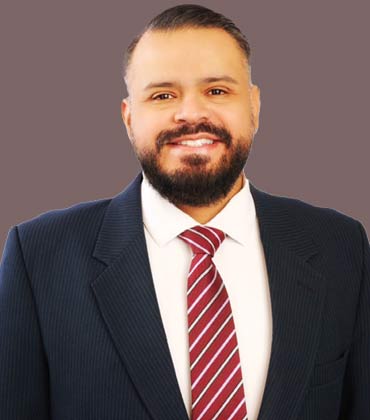
Optimizing Healthcare Procurement and Supply Chain Management
Cesar A. Roman, Director of Strategic Sourcing and Procurement Operations, University Health
IN FOCUS
MERP Planning Solutions for a Unified Operational Future
MERP solutions enhance manufacturing by integrating functions, utilizing real-time analytics, and improving collaboration while addressing data accuracy, scalability, and cybersecurity for better strategic decision-making.
EDITORIAL
Reimagining Support in the Business of Healthcare
From revenue cycle consulting to outsourced sales execution and specialized autism billing support, these services are evolving from tactical necessities to strategic enablers. The most effective among them bring together deep industry knowledge, adaptive systems, and mission-aligned execution to empower providers—not just serve them.
Technology is reshaping the field, particularly in revenue cycle management. Automation and AI are streamlining billing, coding, and audit functions. But as Marina Hayden, sr manager, revenue cycle business partner at UofL Health, notes, “Adaptability to evolving circumstances” is just as critical as technical sophistication. That adaptability includes aligning with value-based care models, enabling telehealth billing, and mitigating compliance risks in real time.
Yet amid this digital transformation, leaders are calling for a renewed focus on the human element. Olivia Wolf, director of business development strategy at Southcentral Foundation, emphasizes that, “Behind every claim, visit note, diagnosis, and CPT code is a patient who is enduring hardship.” The systems that support healthcare must reflect the same empathy, mission, and integrity as those delivering care on the front lines.
This edition’s cover story features Catilize Health®, a company leading the charge in reimagining prior authorization as a strategic enabler of timely, patient-centered care. By combining automation with clinical insight, Catilize Health® is helping payers reduce delays, improve member experience, and deliver more efficient authorization workflows—proving that operational reform can go handin-hand with compassion and clarity.
This issue also features insights from James Bryant, vice president of emergency services at Centra Health, who led the launch of an innovative behavioral health initiative grounded in trauma-informed care and system-wide collaboration, as well as Cesar A. Román, director of strategic sourcing and procurement operations at University Health, who emphasizes on the importance of how effective communication between clinicians and patients is essential in tailoring treatment to individual needs and ensuring the best possible outcomes.
Together, these perspectives underscore a new standard—where agility, ethics, and empathy must co-exist. We spotlight the providers helping organizations meet that standard.




